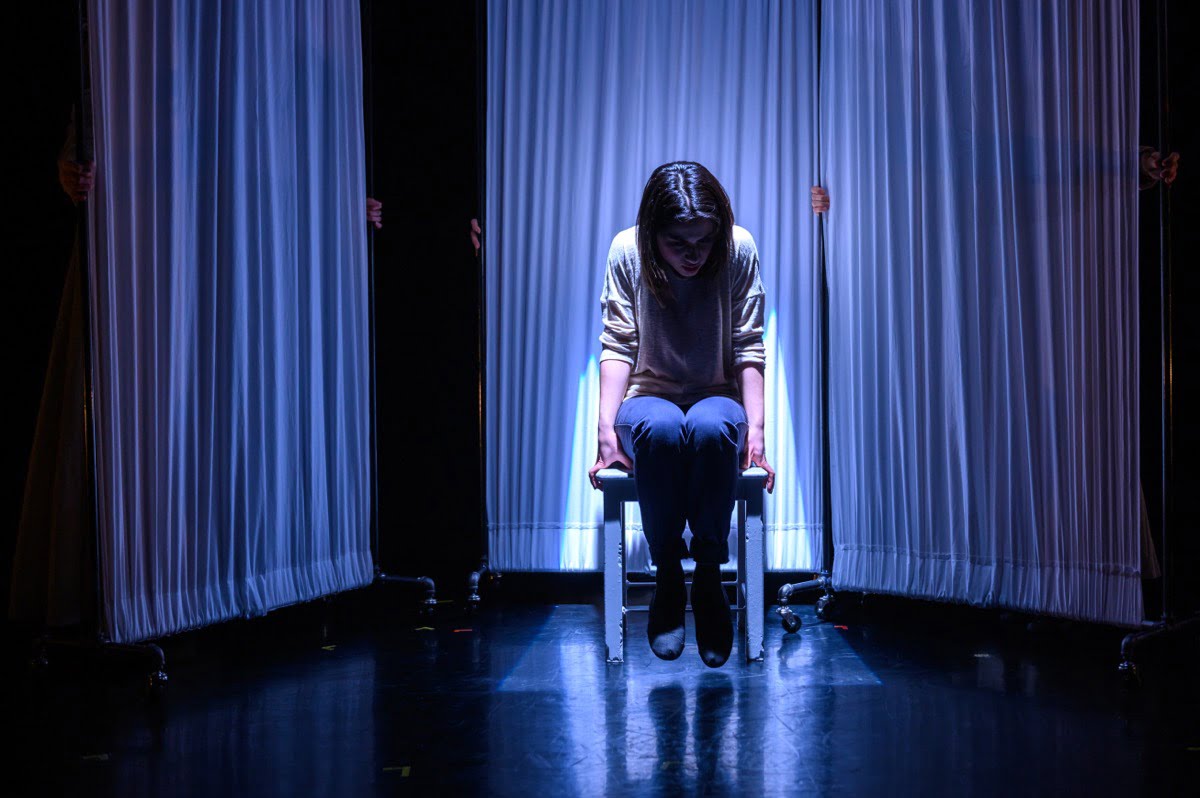If humans had taglines, what would yours be?
Getting to know me, would be my tagline, I think. For myself to get to know myself, and others who knew me before brain injury and those only after to know the real me.
Brain injury changed me drastically. For the non-ostriches, the changes rocked them. As one put it after I mentioned the possibility of a closed head injury diagnosis, “I thought you were ill.” Without treatment that healed my neurons, the changes remained, and I was not happy. One time, many years later, someone said to me, we all change. Suuurrre. We all change in the time it takes to snap your fingers? We all lose our talents and intrinsic skills, snap, just like that? We all in a heartbeat become someone we don’t want to be? I don’t think so.
There’s a difference between changing from experience — learning not to tag people with demeaning acronyms and name calling, or becoming less rigid in thinking as age teaches life is nuanced — and changing because your neurons can’t talk to each other, creating scattered focus, black holes in the memory banks, raging-on-and-snapping-off emotions, and resistance-is-futile fatigue that destroys work and play. The changes can be so drastic that it’s a mistake for health care professionals to think they knew who you were by who you are now after injury but before fully-healing treatments.
Abandonment and isolation after brain injury also change the way your brain works and your outlook on life. It prevents full healing.
As my neurodoc said, abandonment is difficult to treat.
Certainly is after brain injury because it’s continuing and infiltrates every part of life: family, friends, therapists being time limited or psychiatrists suddenly burning out due to the pandemic, and every level of government impoverishing and confining you to your home through old-fashioned, judgmental, disability-blaming, cheap-thinking policies.
Abandonment teaches you to shut down. Extroverts become watchful; introverts stay away from people.
When you treat the neurons, like I narrated in my memoir, and on my brain injury website, you change significantly again. Some talents return, some talents return changed, some skills are relearnt but not to the level before the injury. But who you are remains kind of murky. Pre-injury you doesn’t come back in fully; injury and treatment may create new good things like public speaking; but then abandonment teaches to no longer trust, be open, laugh, host dinners, offer to help.
Yeah, that last one… In the year, after my brain injury, my speech-language pathologist said people assume those with brain injury aren’t intelligent, aren’t worth listening to. I hadn’t noticed any change in how people treated me. They still looked to me as intelligent, whose advice they sought. But I was having a great deal of trouble being able to process requests and conversations in real time, never mind hang onto sentences long enough to remember what I was being told. So people stopped seeing me as anyone worth listening to.
Now I have acquired all this knowledge, through experience, conversations with brain injury experts of all backgrounds, and research; I’m now capable of holding conversations in real time (with some continuing slow processing, so I see it as taking my time to think it over); yet none in real life think I’m worth working with or listening to, to the point I’m yelled at and demeaned for telling them what I know will help them or politely dismissed (tell you you’re the expert while not asking for your advice or thoughts like my old GP used to). People with raging concussions who use family members (female, of course) to prop themselves up are seen as the experts. <rolling my eyes at the stupidity of preferring untreated injury>
This past year I’ve changed myself to no longer offer my help or my thoughts. It’s hard suppressing this intrinsic part of myself, but I need to survive. Injury didn’t instigate this change; abandonment and no longer being able to endure the polite rejection of my knowledge as valueless or outright hostility when I respond to requests for help. Yeah, people think I’m controlling when I’d offered/shared my knowledge spontaneously because I couldn’t stand seeing people suffering. So I tried to keep my mouth shut with people in my offline life unless requested. It’s a hard lesson that people prefer to suffer than undergo change through treatment. It’s a hard lesson when I would’ve read up on and found help if roles had been reversed but was not treated in the way I treated others.
But then when I shared my knowledge only upon request, I got the same response or was ghosted, yelled at, or told “you don’t know.” I’m not exactly sure why forceful people in my offline life can’t handle someone like me. They should look in the mirror. But the helping part of myself, for the offline crowd, is closed for business. I’d always thought what’s the point of learning and/or being part of developing the various neurostimulation therapies if only I benefit? Now I feel obligated to finish the brain injury site, using AI to find the research, when I can, but no desire anymore to spread the benefit. God can get this knowledge to people some other way or through my books, websites, and my Psychology Today articles. But me: I gotta survive and get to know myself post-brain injury, post-treatment without the ghosting, ignoring, and diminishing and judgemental cacophony smothering me.




